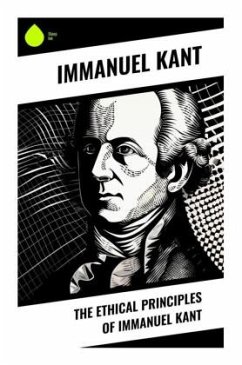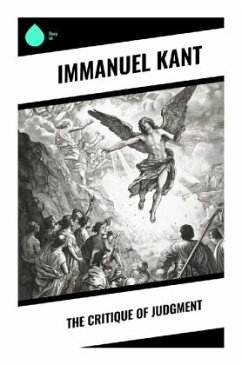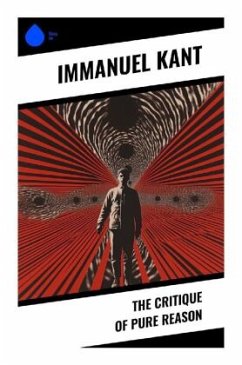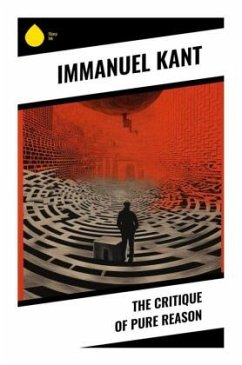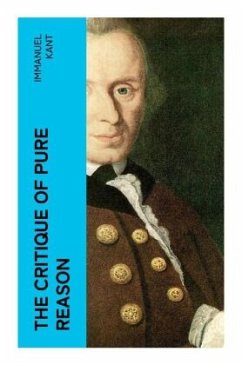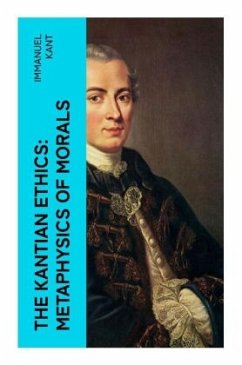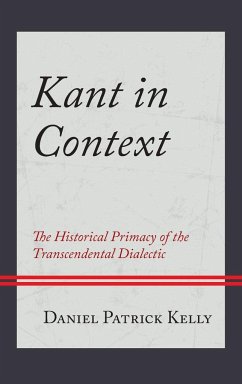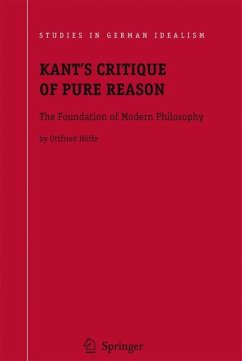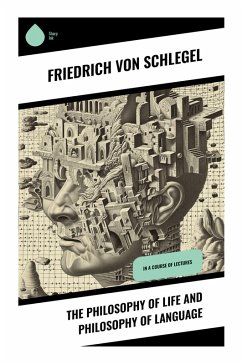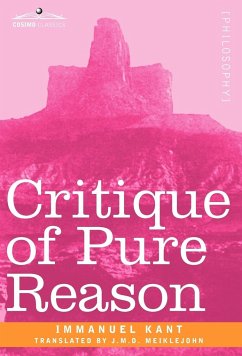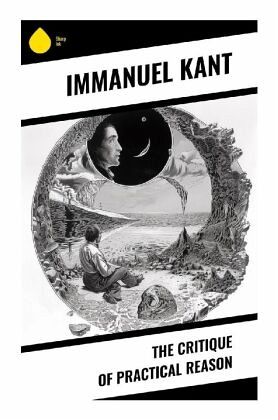
The Critique of Practical Reason
Versandkostenfrei!
Versandfertig in 6-10 Tagen
9,90 €
inkl. MwSt.

PAYBACK Punkte
0 °P sammeln!
In "The Critique of Practical Reason," Immanuel Kant examines the foundations of moral philosophy through the lens of reason, positing that true morality must stem from rationality rather than empirical desires. Within a rigorous analytical framework, Kant introduces the concept of the categorical imperative, arguing that moral judgments are not contingent upon personal inclinations but should be universally applicable. This work is pivotal in the Enlightenment era, as it bridges metaphysics and ethics, positioning human will as central to the understanding of moral law, thus contributing to t...
In "The Critique of Practical Reason," Immanuel Kant examines the foundations of moral philosophy through the lens of reason, positing that true morality must stem from rationality rather than empirical desires. Within a rigorous analytical framework, Kant introduces the concept of the categorical imperative, arguing that moral judgments are not contingent upon personal inclinations but should be universally applicable. This work is pivotal in the Enlightenment era, as it bridges metaphysics and ethics, positioning human will as central to the understanding of moral law, thus contributing to the development of modern philosophical thought. Immanuel Kant (1724-1804) was a central figure in modern philosophy whose works laid the groundwork for contemporary ethics and epistemology. His experiences in an age marked by scientific revolution and sociopolitical upheaval influenced his quest to reconcile rational thought with human experience. Kant's background in logic and metaphysics profoundly shaped his exploration of practical reason, as he sought to establish a moral framework that could stand against moral relativity. Kant's "The Critique of Practical Reason" is essential for anyone seeking to understand the intersection of ethics and rationality. Its profound insights into moral philosophy not only inspire further philosophical inquiry but also challenge readers to reflect on their own moral principles, making it a critical text for students, scholars, and anyone interested in the philosophical underpinnings of ethical behavior.



